Today in this article we are going to tell you about the side effects of drinking tea –
What are the side effects of tea?
Reducing iron absorption
- Tea is a rich source of a class of compounds called tannins.
- Tannins can bind to the iron in some foods, making them unavailable for absorption in your digestive tract.
- Iron deficiency is one of the most common nutritional deficiencies in the world.
- If you are iron deficient, excessive tea consumption can aggravate your condition.
- Research suggests that the tannins in tea are more likely to inhibit the absorption of iron from plant sources than from animal-based foods.
- Thus, if you follow a strict vegetarian or vegan diet, you should pay extra attention to the consumption of tea.
- The exact amount of tannins in tea can vary greatly depending on the type and how it is prepared.
- Limiting your intake to 3 or less cups (710 ml) per day is a safe limit for most people.
- If you have low iron levels but still enjoy drinking tea, consider it as an extra precaution between meals.
- Doing so will lessen the chances of it affecting your body’s ability to absorb iron from your food.
Nausea
- Some compounds in tea can cause nausea, especially when consumed in large quantities or on an empty stomach.
- The tannins in tea leaves are responsible for the bitter, dry taste of tea.
- The astringent nature of tannins can also irritate the digestive tissue.
- Potentially leading to uncomfortable symptoms, such as nausea or abdominal pain.
- The amount of tea needed for this effect can vary dramatically depending on the individual.
- More sensitive individuals may experience these symptoms after drinking 1 to 2 cups (240-480 ml) of tea.
- While others may be able to drink more than 5 cups (1.2 liters) without noticing any side effects.
- If you notice any of these symptoms after drinking the tea, you may want to consider reducing the total amount you drink at any one time.
- You can try adding milk or eating something with your tea.
- Tannins can bind to the proteins and carbs in food, which can reduce digestive irritation.
Headache
- Intermittent caffeine intake can help relieve some types of headaches.
- However, when used chronically, the opposite effect can occur.
- Regular intake of caffeine from tea can contribute to recurring headaches.
- Some research suggests that having as little as 100 mg of caffeine per day may contribute to the recurrence of headaches.
- But the exact amount required to trigger a headache may vary depending on the tolerance of a person.
- Tea is lower in caffeine than other popular types of caffeinated beverages.
- Such as soda or coffee, but some types can still provide 60 mg of caffeine per cup.
- If you have frequent headaches and think they may be related to your tea consumption.
- Try reducing or eliminating this drink in your diet for a while so that your symptoms can improve.
Dizziness
- Although feeling light-headed or dizzy is a less common side effect.
- This could be due to drinking too much caffeine from tea.
- This symptom is usually associated with large doses of caffeine.
- May occur after consuming more than 400-500 mg or about 6-12 cups (1.4-2.8 liters) of tea.
- Generally, it is not recommended to consume so much tea in one sitting.
Increase anxiety, tension, and restlessness
- Caffeine is naturally present in tea.
- An excess of caffeine, from tea or any other source, can contribute to feelings of anxiety, tension, and restlessness.
- An average cup (240 ml) of tea contains approximately 11–61 mg of caffeine, depending on the variety and method of brewing.
- Black tea contains more caffeine than green and white varieties and the longer you drink the tea, the higher the caffeine content.
- Research suggests that caffeine doses of less than 200 mg per day are not a cause for significant concern in most people.
- Still, some people are more sensitive to the effects of caffeine than others and may need to limit their intake further.
- If you feel that your tea habit is making you irritable or upset, it could be a sign.
- Which you have too much and want to cut back to ease the symptoms.
Pregnancy complications
- Exposure to high levels of caffeine from beverages such as tea during pregnancy may increase the risk of complications such as miscarriage and low birth weight.
- According to the data, the dangers of caffeine during pregnancy and how much is still unclear.
- However, most research indicates that if you keep your daily caffeine intake below 200-300 mg, the risk of complications is relatively low.
- The total caffeine content of tea can vary.
- But it usually falls between 20-60 milligrams per cup (240 ml).
- As a precaution, do not drink more than 3 cups (710 ml) of tea.
- Some people prefer to drink caffeine-free herbal tea instead of regular tea to avoid exposure to caffeine during pregnancy.
- However, not all tea is safe during pregnancy.
Heartburn
- The caffeine in tea can cause heartburn or aggravate the symptoms of acid reflux.
- Research suggests that caffeine can relax the sphincter that separates your esophagus from your stomach.
- The acidic stomach allows the contents to flow more easily into the esophagus.
- Caffeine may contribute to an increase in total stomach acid production.
- Drinking tea does not necessarily cause heartburn, people do this due to exposure to different types of food.
- If there is a problem of heartburn due to drinking more tea, limit the intake of tea until the symptoms subside.
Poor sleep
- Tea naturally contains caffeine which can alter your sleep cycle.
- Melatonin is a hormone that signals to your brain that it is time to sleep.
- Some research suggests that caffeine can inhibit melatonin production, leading to poor sleep quality.
- Inadequate sleep is associated with a variety of mental issues.
- These include fatigue, poor memory, and reduced attention span.
- Chronic sleep problems are associated with an increased risk of obesity and poor blood sugar control.
- People metabolize caffeine at different rates and it is difficult to predict how this affects sleep patterns in everyone.
- Some studies have found that consuming only 200 mg of caffeine for 6 or more hours before bedtime can negatively affect sleep quality.
- Whereas no significant effect has been observed in other studies.
- If you are experiencing symptoms related to poor sleep quality and regularly drinking caffeinated tea, you may want to consider reducing your intake – especially if you consume other caffeinated drinks or supplements.
About tea
Tea is one of the most widely used drinks all over the world. It is found in many varieties – green tea, black tea, etc. Which has its own benefits of drinking.
Few things are as satisfying or soothing as drinking a hot cup of tea. But the merits of this drink don’t stop there.
Tea has been used for centuries in traditional medicine for its healing properties. In addition, modern research suggests that plant compounds in tea may play a role in reducing your risk of chronic conditions, including cancer, obesity, diabetes, and heart disease.
Although drinking tea in moderation can provide considerable benefits, drinking more than 3-4 cups of tea can cause side effects.
Lastly
Tea is one of the most popular beverages in the world. It is not only delicious but is also associated with many health benefits. That includes reducing inflammation and reducing the risk of chronic disease.
Although moderate intake is healthy for most people, drinking too much can lead to negative side effects, such as anxiety, headaches, digestive problems, and disrupted sleep patterns.
Most people can drink 3 to 4 cups (710–950 ml) of tea daily without adverse effects, but some may experience side effects with lower doses.
Most of the known side effects associated with drinking tea are related to its caffeine and tannin content. Some people are more sensitive to these compounds than others. Thus, it is important to note how your tea habit may affect you personally.
(Know about the best weight loss tea)
If you experience any side effects that you think may be related to your tea intake, try cutting back gradually until you find a level that is right for you.
For any other problem or question, the doctor should be consulted.
References –

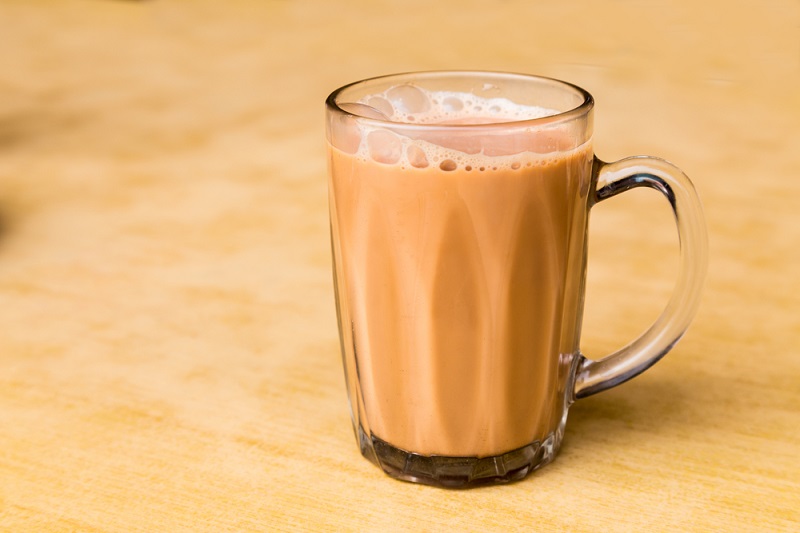
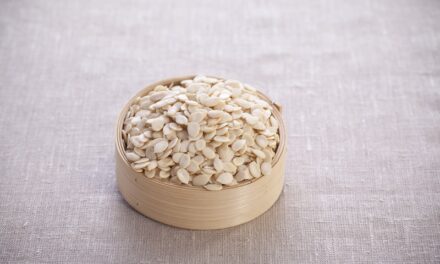

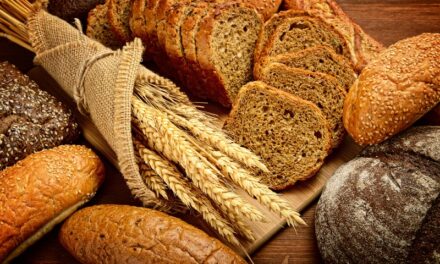
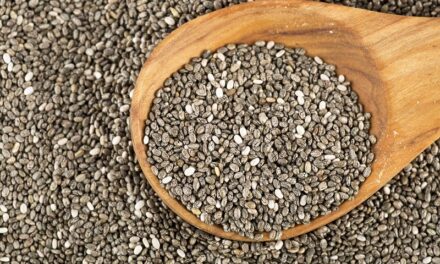
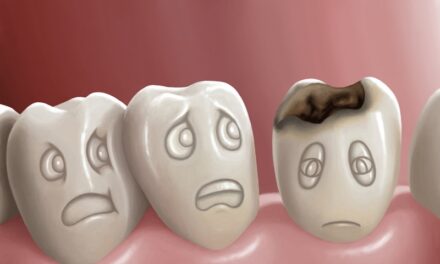





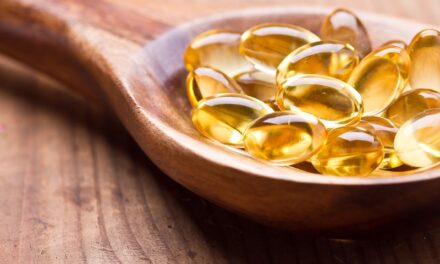

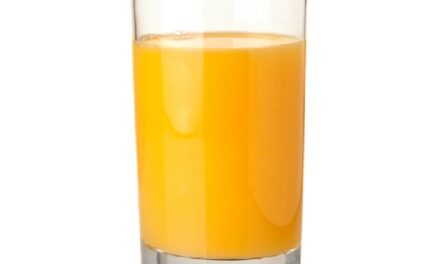







 English
English हिन्दी
हिन्दी








